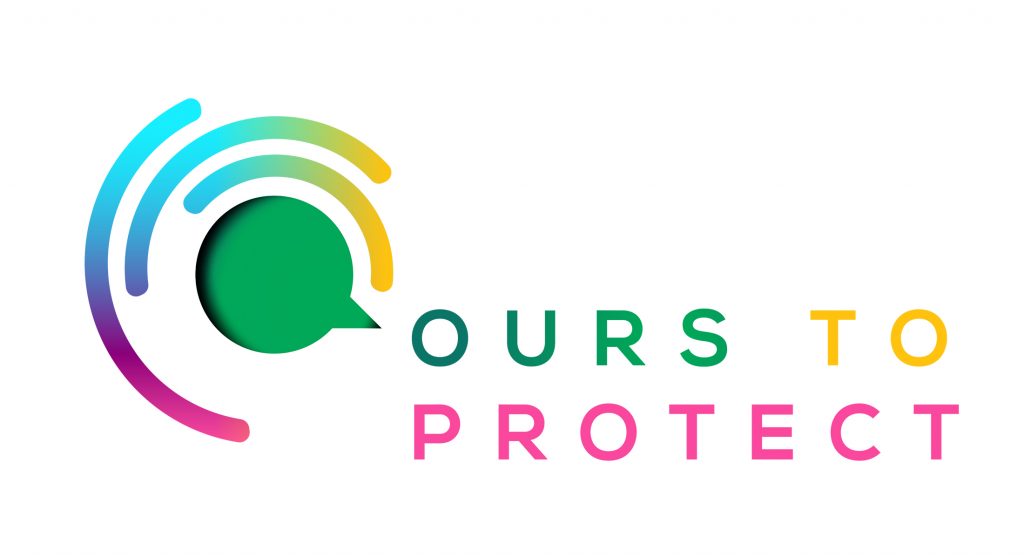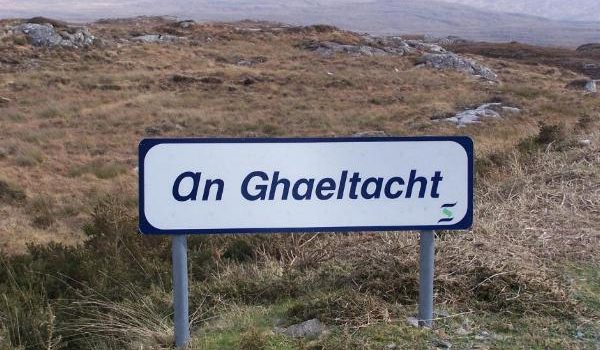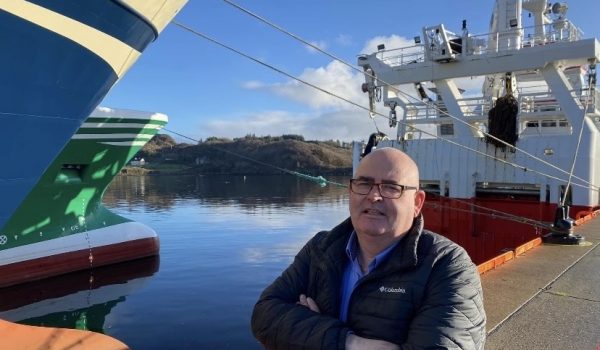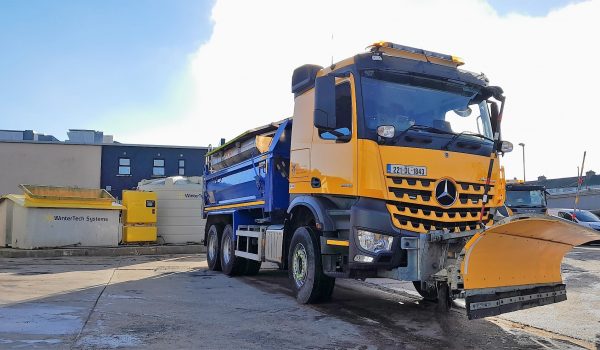Highland Radio are delighted to partner with Coimisiún na Meán in launching a new series dealing with various topics on sustainability.

Donna-Marie Doherty of Highland Radio will have a weekly feature on Tuesdays at 12:30 covering a real mix of different topics and interviews with businesses and experts who have a common interest on expertise in sustainability.
Coimisiún na Meán stated; ‘”Ours to Protect”, is a unique and exciting audio project – a collaboration of local and regional broadcasters from across the country who have come together to tackle climate change, champion climate action, and inform and educate audiences all over Ireland about how they can make a difference.’
In this week’s episode, Donna-Marie speaks with Stella McGroarty, to discuss all things fast fashion.
Define Fast Fashion?
Low priced, trendy clothing that moves rapidly from design into retail stores to meet trends and ultimately sales.
The impacts of Fast Fashion:
Climate Change: The fashion industry contributes approximately 2.1 billion tonnes of greenhouse gas emissions in a single year, equivalent to 4% of all global emissions.
Garment Workers: Millions of people work in textile, clothing and footwear production around the world. The vast majority are not paid enough to fulfil their basic needs. On 24 April 2013, the Rana Plaza building in Bangladesh collapsed. More than 1,100 people died and another 2,500 were injured, making it the fourth largest industrial disaster in history.
Landfills: Landfills are overflowing with discarded clothing, and textile waste is piling up. The pollution caused by fast fashion is an issue that requires urgent attention, and consumers can play an important role in driving change by supporting sustainable and ethical fashion brands.
Did you know?
- A Bangladeshi worker would need to be paid 4.5 times more than the current minimum wage to afford a decent living standard and almost 9x more to support a family.
- Garments are the second highest at-risk product for modern slavery.
- The carbon footprint of one new shirt is greater than driving a car for 35 miles.
- The average consumer now buys 60% more clothing than they did 15 years ago.
Make a Difference!
- Shop from sustainable and ethical fashion brands.
- Donate or sell gently used clothing. – Chairty shops or sell on the likes of Depop
- Buy or rent secondhand clothes.
- Repurpose old clothing
Listen back to past episodes
Ours to Protect Survey
Ecological Footprint Calculator







